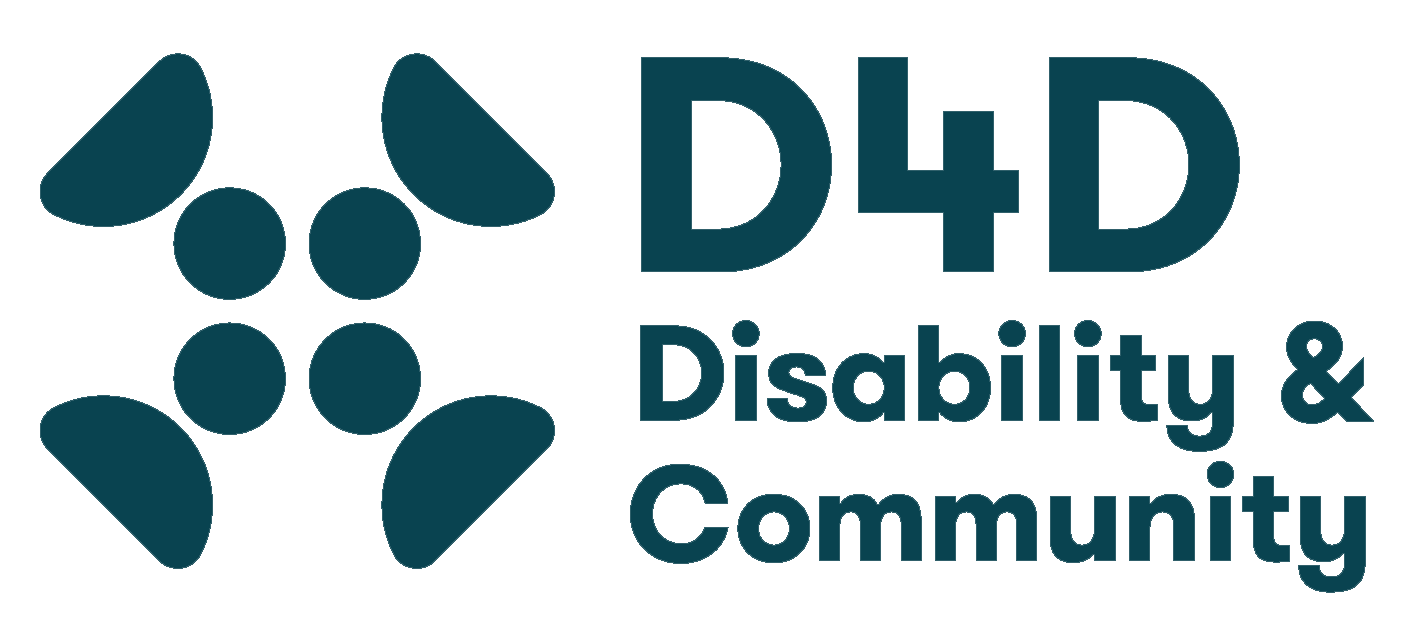 By Stephanie Harvey
By Stephanie Harvey
I’m sitting on the train back from Sheffield with (I won’t lie) a can of G&T, packet of crisps and a man opposite me dancing quite amusingly with huge headphones on. I’m trying to gather my thoughts following a fascinating two days in Sheffield at the Just Theorising workshop. The workshop looked at methodological issues in philosophy when researching or theorising about oppressed and/or marginalised people. Though I’m not working in philosophy, some of the issues discussed in the workshop are relevant to my own work. Issues like:
- problems around speaking for others,
- the place of ‘first-person authority’ in more theoretical work, and
- justifications for refusing to engage academically with injustices effecting groups that you are not a member of.
Most people attending the workshop worked in different strands of philosophy, with a few people like myself doing more empirical research. What we all shared was an involvement in research that in some way represented or reflected on the situation/views of marginalised people. Some of us are members of the groups that we are considering in our work, but not all.
Ahead of the workshop we read about 10-12 papers (mostly academic). These were written by people involved in research that foregrounds minority and/or oppressed groups experiences, many of whom identify with these groups. These papers thought about various difficulties involved in such work from the perspectives of researching race, gender, sex work, and of course disability. We then discussed the papers, reflecting not only on what they proposed but also how this fitted with or challenged our own practices. My favourites included:
- Charles Mill – Black rights/White wrongs: A critique of racial liberalism;
- Jose Medina – The Epistemology of Resistance: Gender And Racial Oppression, Epistemic Injustice, And Resistant Imaginations;
- Emmalon Davis – Typecasts, Tokens, and Spokespersons: A Case for Credibility Excess as Testimonial Injustice;
- Catriona MacKenzie and Jackie Leach Scully – Moral Imagination, Disability and Embodiment.
One of the challenges that came through most discussions was the need for researchers to embrace uncertainty in their work and to engage in a truly self-reflective practice. In these discussions we talked about the need to actually find ways of valuing uncertainty and demonstrating our valuing of it without jeopardising our future careers. The need for uncertainty came from the idea that we can never truly represent or reflect all voices within a given group. It also came from recognising that we all have privileges, social statuses and identities that impact how we understand the world. Many of these papers highlighted the way that privilege can make people ‘insensitive’ to systems or instances of oppression. In order, then, to develop a greater sensitivity (whether from a privileged background/identity or not), a person must be able to question the premises that provide the foundation for their beliefs and views.
Doing this requires a radical engagement in self-reflective practice that examines our positions and identities and how these might lead us to think and evaluate information in particular ways. This is different from the sort of positioning that some researchers do, where they set out their biography but don’t consider how this impacts on their analysis; this practice amounts to little more than providing a disclaimer and does not enrich the work that follows. Undertaking the sort of self-reflection needed is a deeply uncomfortable practice to voluntarily enter into; it is likely to highlight not only the ways that one experiences privilege and/or oppression, but also how our behaviours and beliefs uphold the systems of oppression. It also involves admitting and making public our own uncertainties. However it was proposed that confidently embracing uncertainty might offer a way of remaining genuinely open to views or positions that our work does not adequately or accurately account for.
We considered the rules that Jacob Hale first put forward in 1990’s with regards to Non-Transexuals writing about Transsexuals, Transsexuality, Transsexualism, or Trans…, and found that a lot of these still felt relevant today. Other researcher issues discussed included:
- the responsibilities and accountability that comes with speaking;
- the difference between speaking about/to and speaking from/with marginalised people (whether a member of that group or not);
- the need to treat participants and marginalised people as whole people – avoiding tokenism;
- recognising the unpaid labour that marginalised people are asked/expected to do;
- the benefits and limits of dialogue as a means of highlighting and challenging privilege, prejudice and oppression;
- the difference of ‘knowing’ and ‘understanding’ in relation to the value of lived experience; and
- practical measures that we as researchers could take to support increased diversity among scholars in our disciplines.
Much to take away and think about in relation to my own work, but a seriously enriching experience. The organisers talked about a possible blog site appearing as a result of this where some of these issues can be discussed further… so that the workshop is the beginning of a discussion and not the end. Exciting!
For further background statistical research material you can download two of Stephanie Harvey’s papers: Diversity in Disability UN CRPD FINAL and Translating intersectionality
